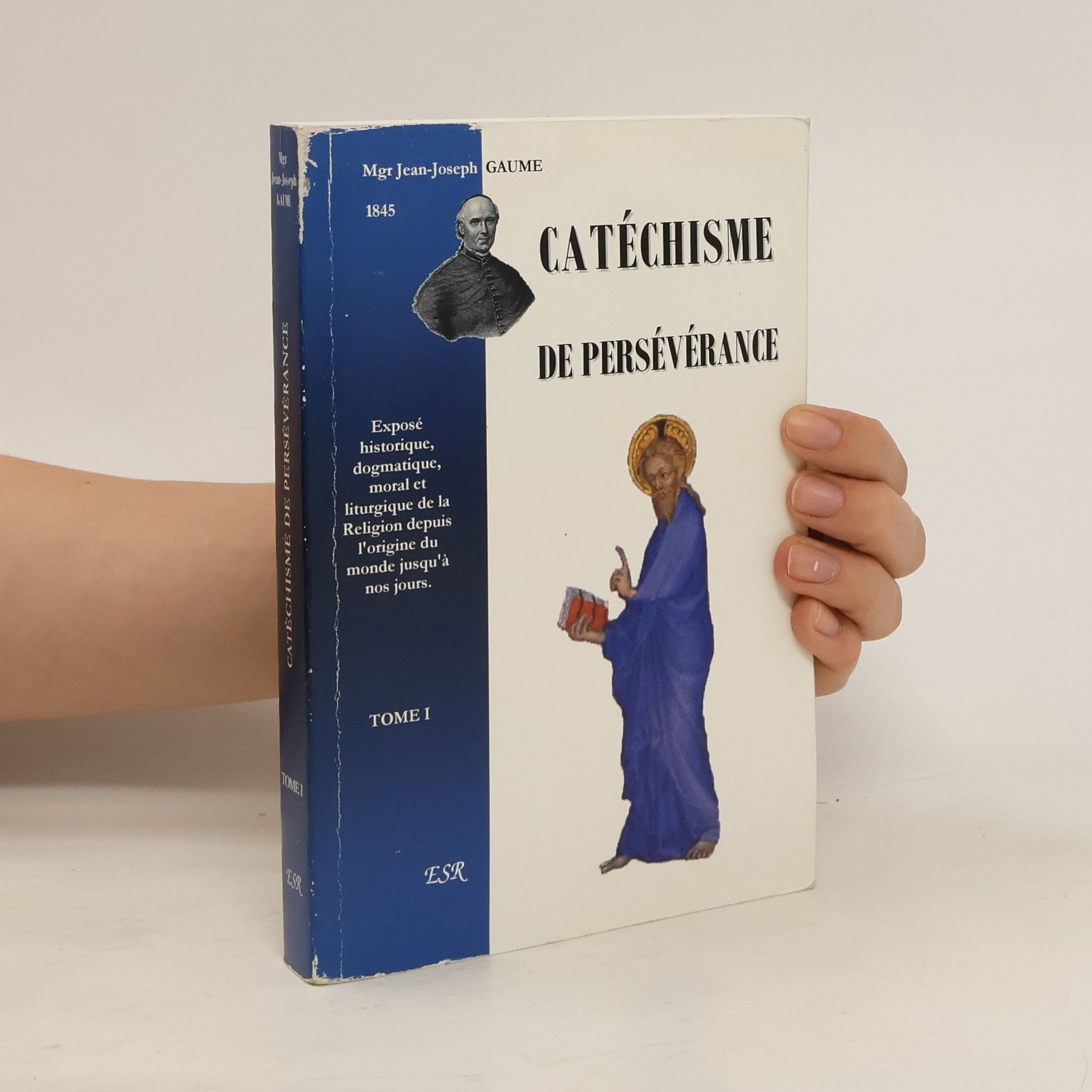Jean Joseph Gaume Libros
Jean-Joseph Gaume fue un teólogo y autor católico romano francés cuyas extensas obras exploraron la teología, la historia y la educación. Es particularmente reconocido por su convicción de que el declive social y moral de su época provenía del resurgimiento pagano del Renacimiento, el cual identificó como una fuente principal de mal. Este tema central impregna sus obras clave, donde analiza el desarrollo histórico de la sociedad y propone remedios. Sus escritos pedagógicos, impulsados por una profunda visión religiosa y moral, abogaron por un nuevo método para la formación de la juventud, enfatizando la instrucción catequética y la limitación de la influencia de autores paganos en la educación temprana.

